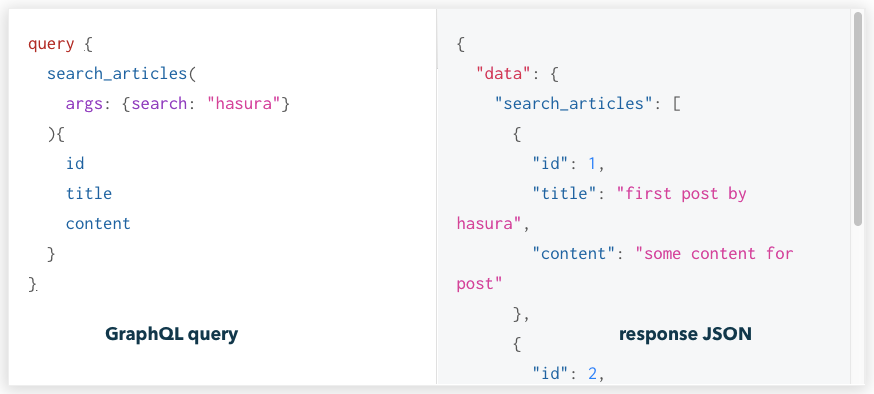

Luckily, Postgres has a helpful extension with the catchy name pg_trgm. The output gives British artist Barbara Hepworthīut what if you are unsure of the spelling of either name? Filters and wildcards will only get you so far. The second part of the filter finds artists whose name can begin and end with any combination of characters, but must contain the letters 'Hep' in that order. The first part of the filter finds artists whose name begins with 'Barbara', and ends in any combination of characters. This symbol stands in for any number of unspecified characters. Here, you can use a filter and SQL's wildcard operator %. It began with 'Hep.', but you're not sure how it ended. Say you remember the first name of an artist called Barbara, but cannot quite remember her second name. SELECT * FROM artists LIMIT 10 Wildcard filters If everything has worked so far, you should be able to start querying the artists table. Now, create a table called artists: CREATE TABLE artists (įinally, you can use Postgresql's COPY function to copy the contents of artists.csv into the table: COPY artists FROM '~/Downloads/artists.csv' DELIMTER ',' CSV HEADER Next, you can start psql (a terminal-based front end for Postgresql): $ psql fuzz-demo
Ilike postgres download#
You can download the artists.csv file from Kaggle. From the command line: $ mkdir fuzz-demo & cd fuzz-demoįor this demo, I used a table with details about artists in the Museum of Modern Art. Then, create a new database in its own directory (you can call it anything you like, here, I called it 'fuzz-demo').

Setting upįirst, make sure you have Postgres installed on your machine. Today, we'll explore some options available in Postgresql (or 'Postgres') - a widely used open source SQL dialect with some seriously useful add-on features. There are solutions available in many different programming languages. Instead, they allow some degree of mismatch (or 'fuzziness'). The 'fuzzy' refers to the fact that the solution does not look for a perfect, position-by-position match when comparing two strings.

The generic name for these solutions is 'fuzzy string matching'. All these different variations for just one string - matching them against each other programmatically might not seem obvious. Amongst other variants, my name can be represented by:Īnd that's not to mention alternative spellings of my surname, such as "Gleason". I go by Peter in some places, Pete in others. Your application needs to be capable of handling these inevitable edge-cases.
Ilike postgres software#
Whatever the cause, from a practical point of view, different variants of similar strings can pose challenges for software developers. It's a fact - people make typos or simply use alternate spellings on a frequent basis.


 0 kommentar(er)
0 kommentar(er)
